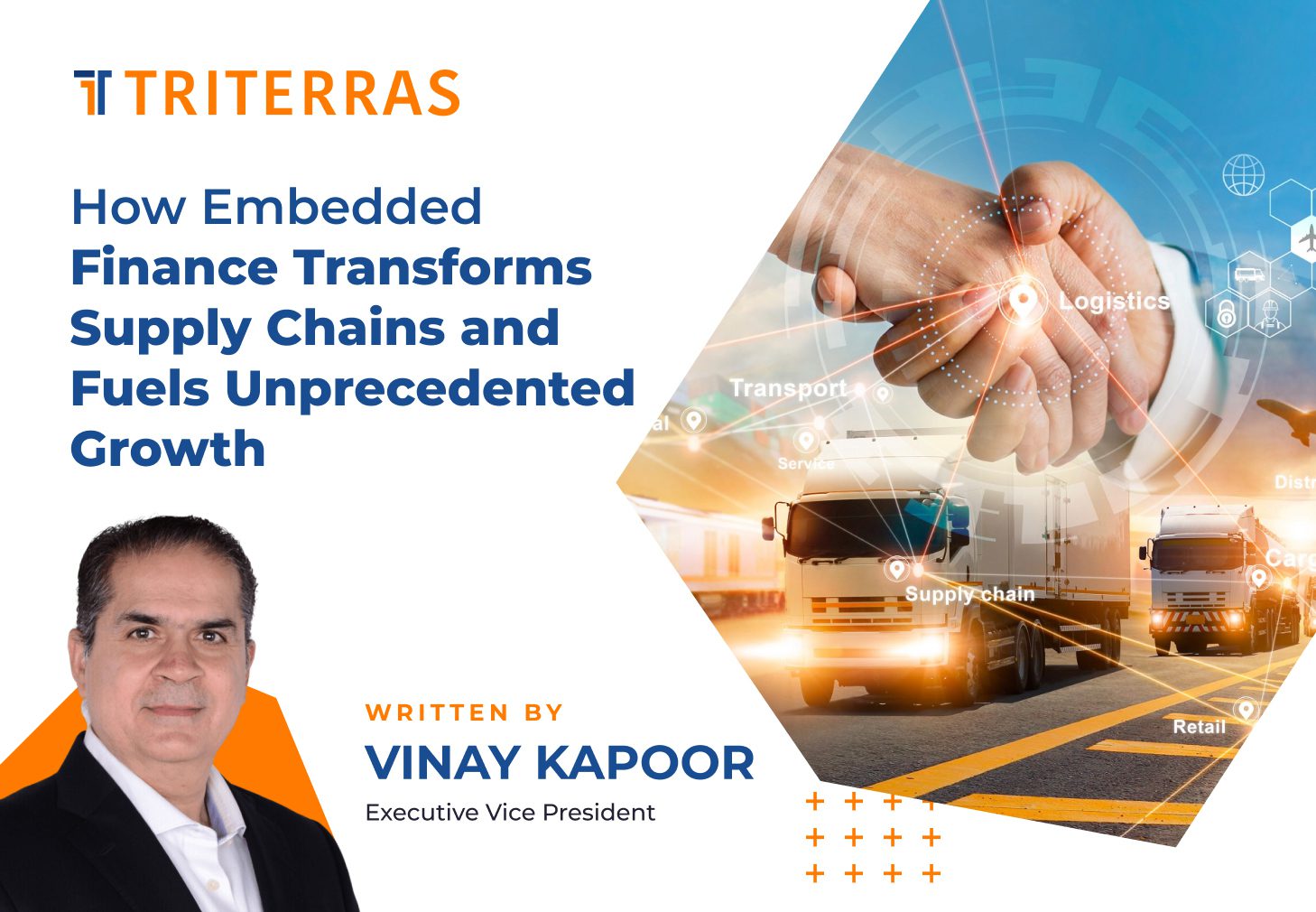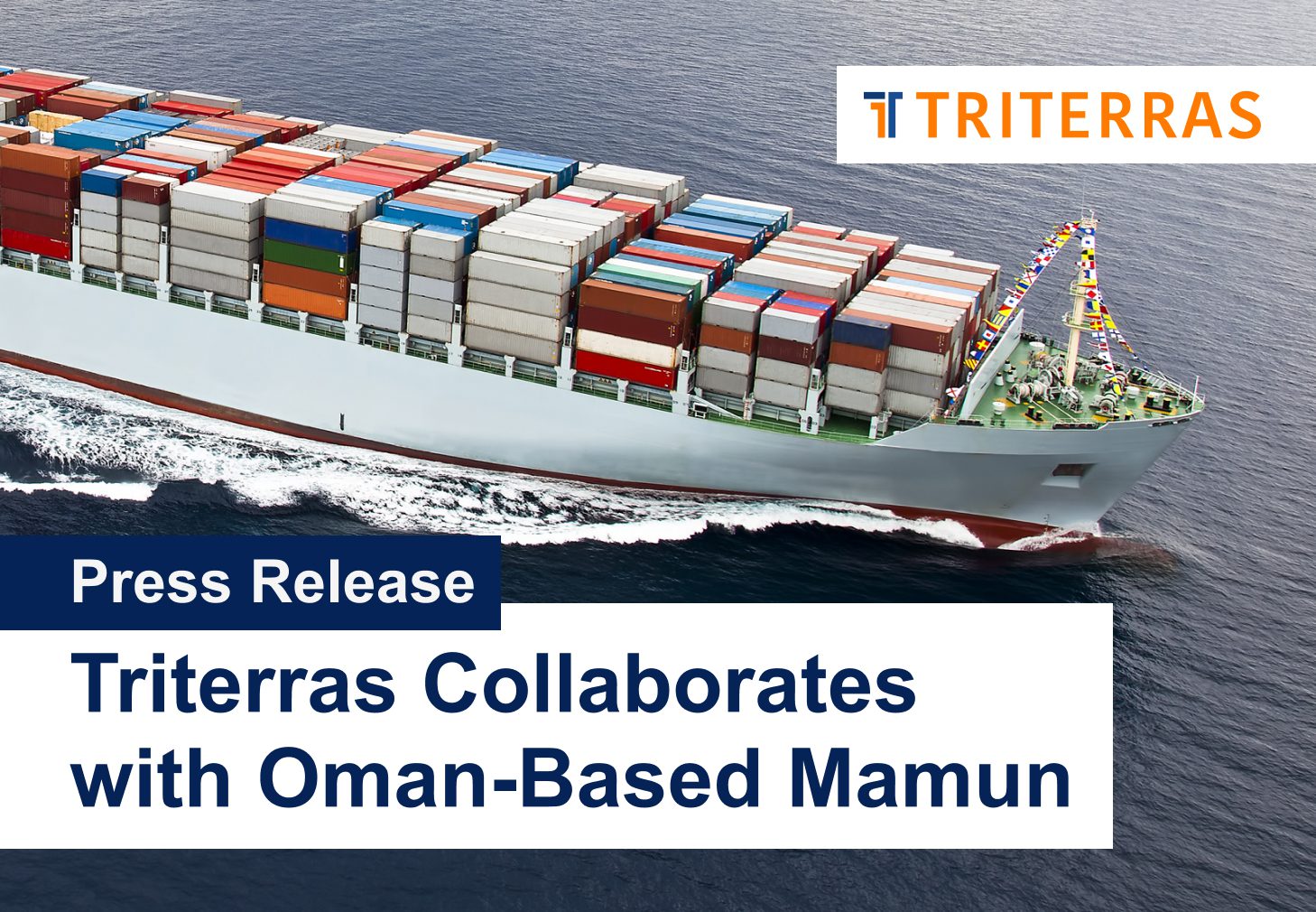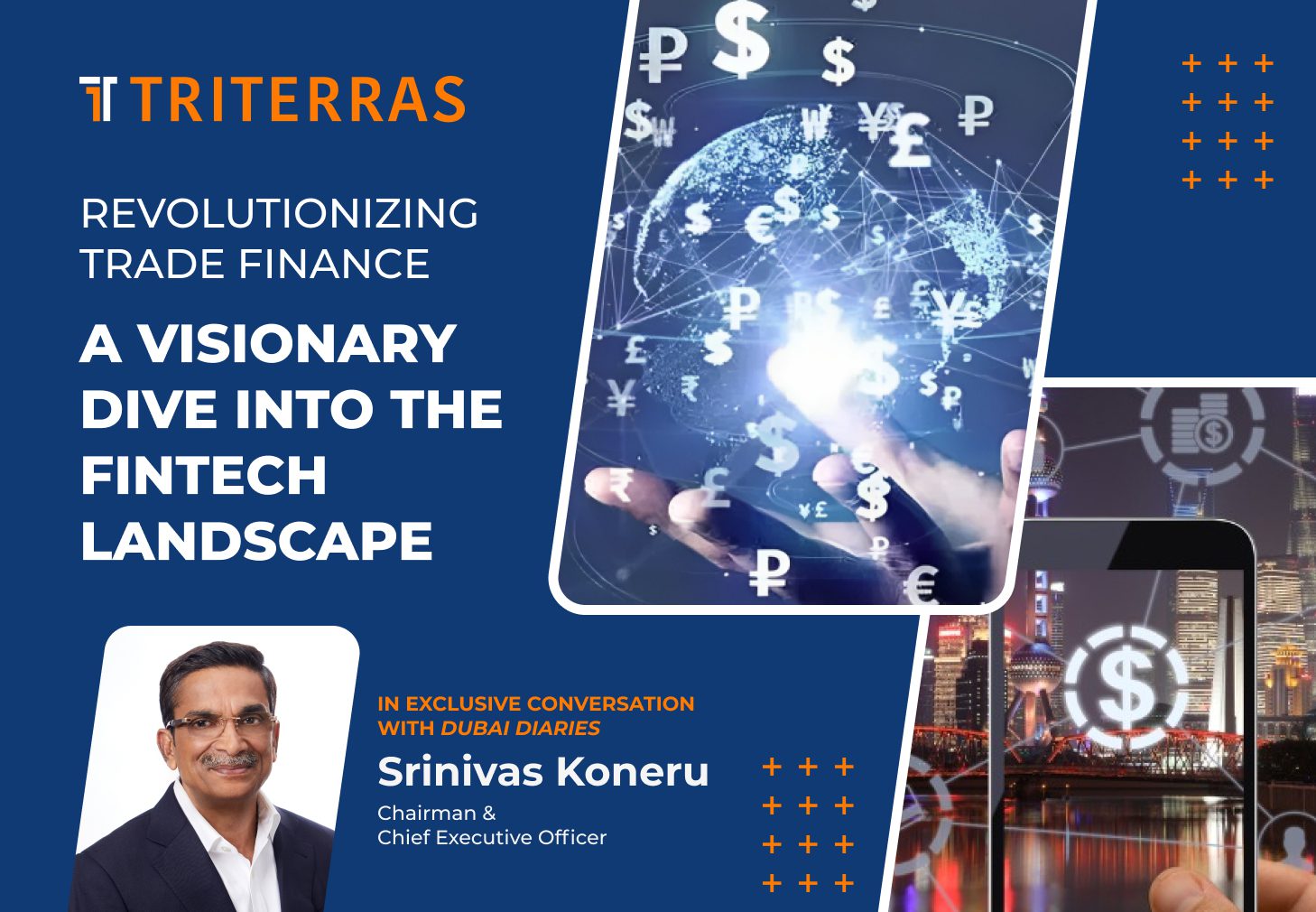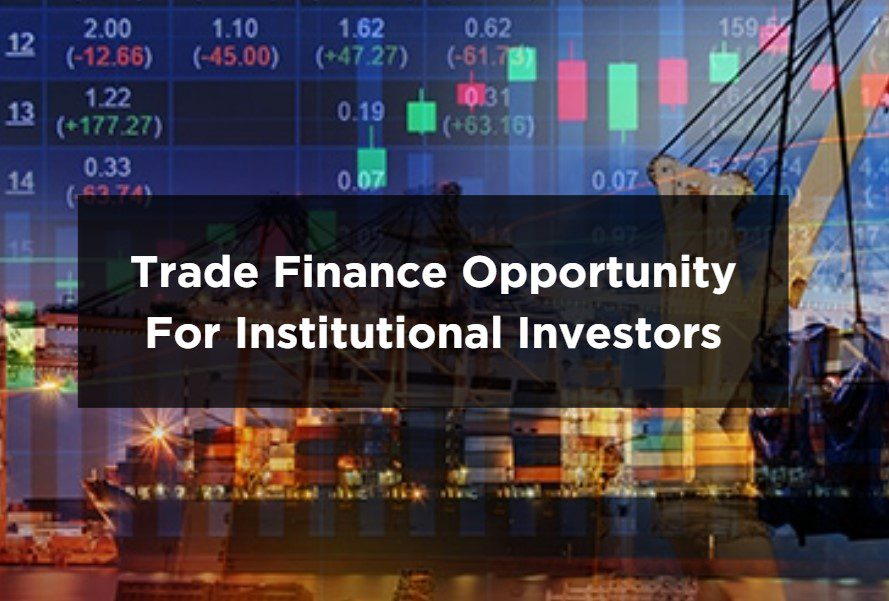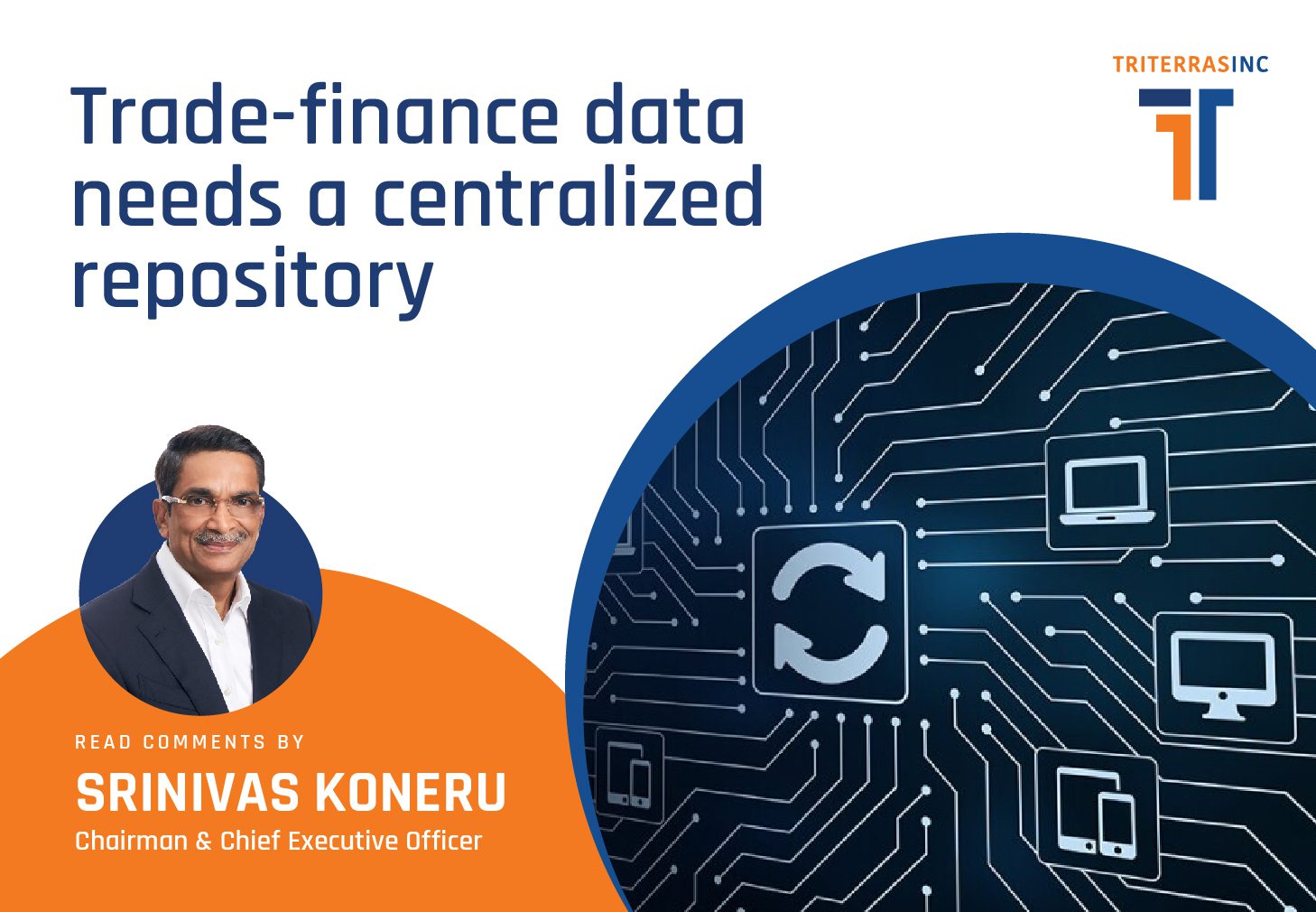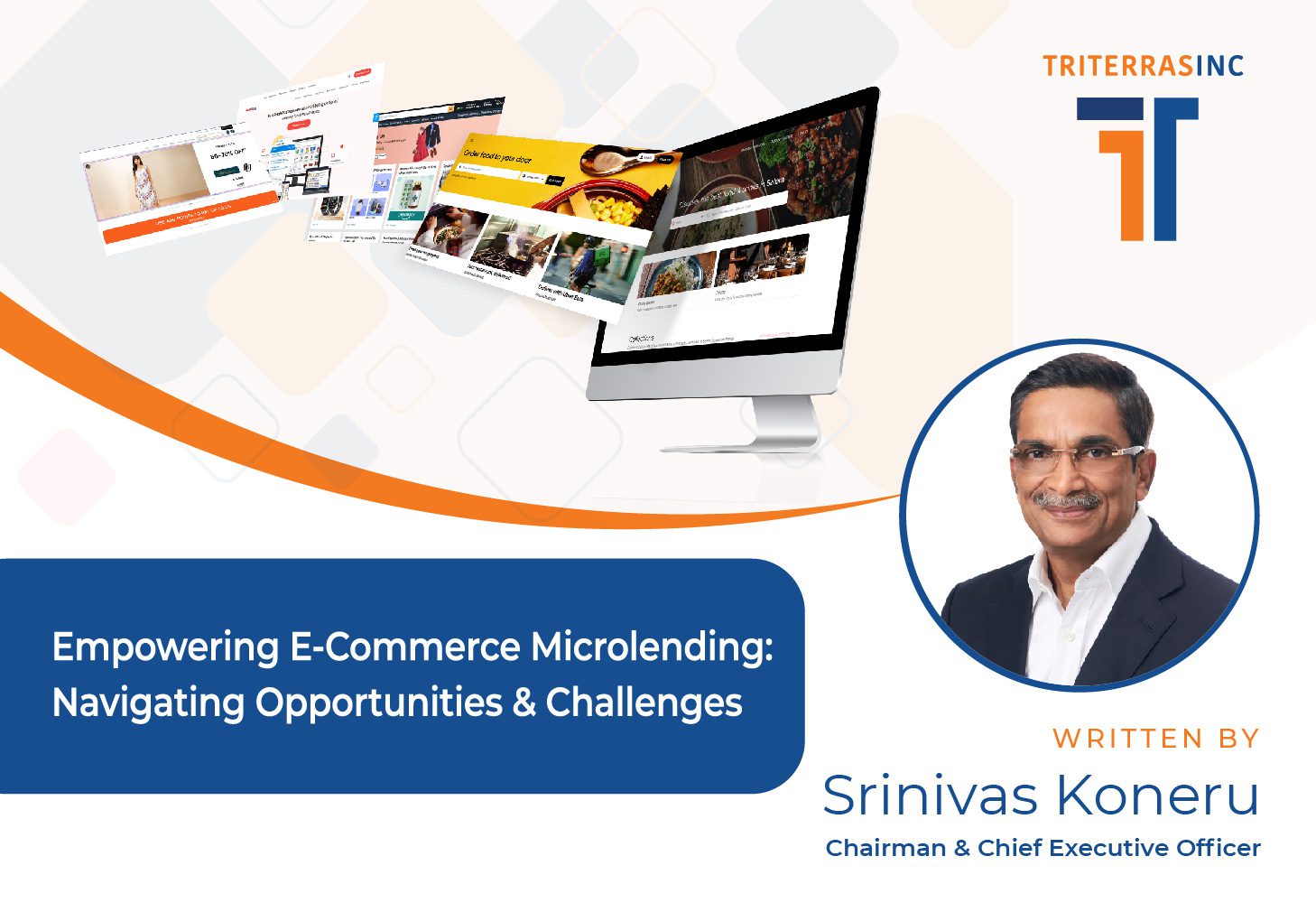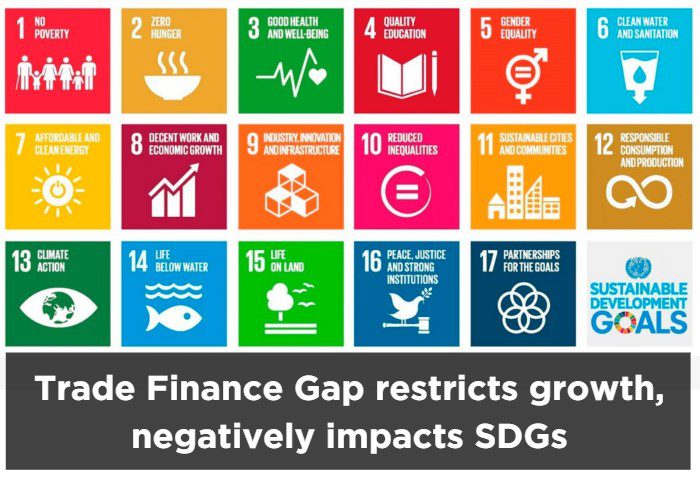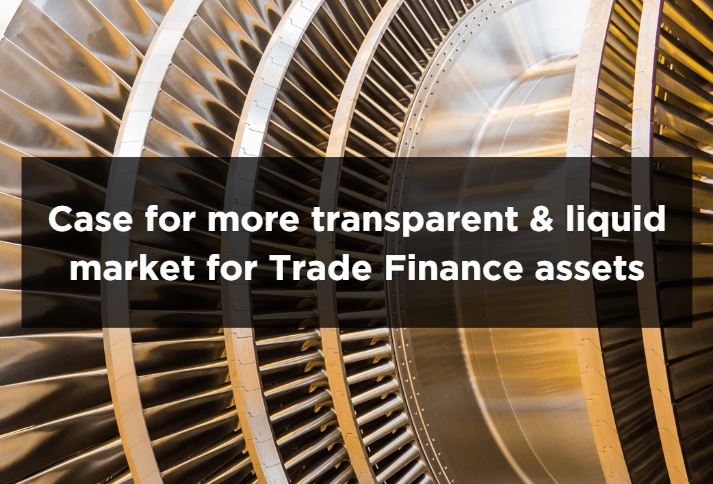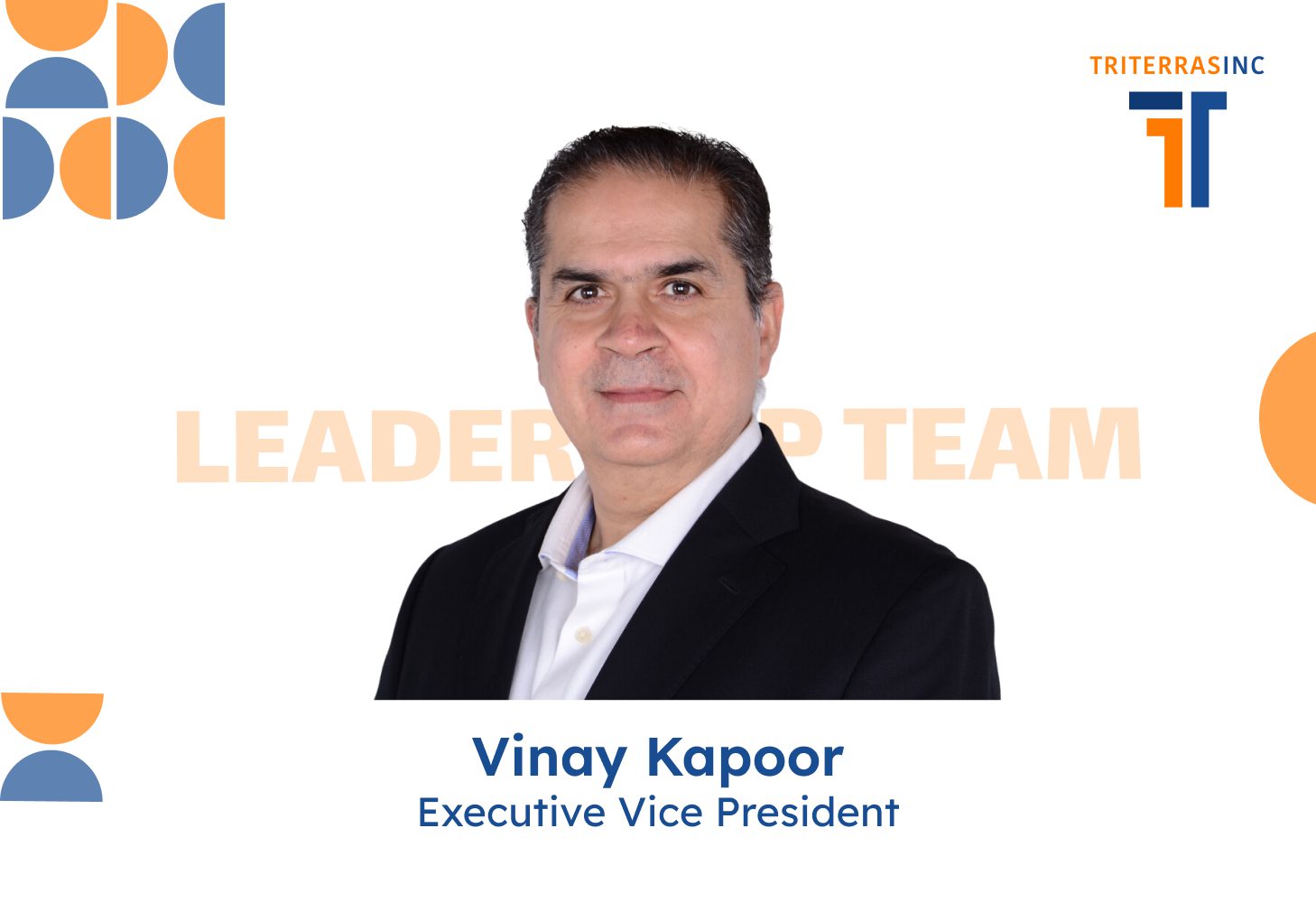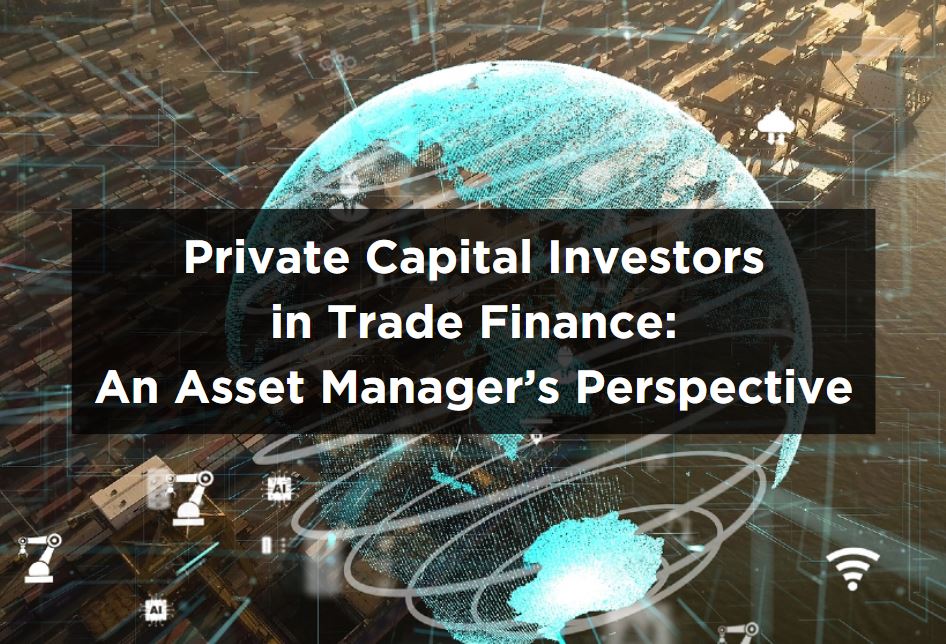The metaverse is a universe of 3D virtual reality where people would be able to communicate, work, and game as they currently do in the real world. Though it is relatively in the early stages of development, the metaverse is expected to open up a range of opportunities in every industry, including the banking sector, by enabling banks and their customers to interact in a completely new way. According to industry observers, the term metaverse has already been accepted in financial circles and refers to the use of virtual reality technology for banking purposes. It can include anything from online banking and investment services to making use of virtual reality to view and manage one’s bank account.
Meanwhile, metaverse banking can also use blockchain technology to create a decentralized, secure and transparent banking system. It may bring significant changes in the manner in which banks will interact, enable and innovate. Banking in the metaverse is gradually becoming a reality. For instance, in May this year, JP Morgan Chase made their annual summer reading list available to visitors in their virtual lounge at the Decentraland platform on the metaverse. They had set up the lounge in February 2022. In their white paper titled ‘Opportunities in the metaverse,’ the investment bank stated that even at this initial stage, this new online world represents a US$1 trillion opportunity.
Other banks are also scrambling to get on the metaverse. In May 2022, the New York-based Quontic Bank opened its virtual outpost inside Decentraland, and it has plans to expand it into a bona fide virtual bank. In March 2022, London-based HSBC bought a plot of virtual land in Sandbox’s online gaming space. The metaverse is thus being used by banks for all purposes. For example, even in 2021, Bank of America launched a training program for 4,300 employees in the metaverse. And even before these banks could get into the game, French bank BNP Paribas had launched an app in 2017 to connect with retail customers in virtual reality.
Furthermore, banks like Morgan Stanley and PNC have already started providing financial advice to clients on the metaverse. India’s Union Bank of India also launched its virtual lounge on the metaverse in July this year, while other Indian banks are gearing up to follow suit. There are several reasons why banks and fintechs are entering the metaverse. First and foremost, it offers a unique experience that allows users to interact with each other in a virtual world. This provides a new and exciting way for banks and fintech companies to engage with their customers. Moreover, the metaverse is not subject to the same geographical restrictions as the physical world, which enables banks and fintech companies to reach a global audience. It also offers a more secure environment for transactions and a variety of other features that make it an attractive option for both banks and fintech companies.
The metaverse is expected to have a profound impact on banking. For one, the traditional banking model of having a central institution controlling the flow of money will be disrupted. The metaverse will enable peer-to-peer transactions without the need for a central authority. It can lead to a more decentralized and democratic banking system. Another implication is that the metaverse will make it easier for people to access banking services worldwide. This could increase financial inclusion and help in reducing poverty levels.The metaverse will also create new opportunities for banks to offer innovative products and services. For example, banks could create virtual worlds where customers can experiment with different financial scenarios. It could help people to make better-informed decisions about their finances. Finally, the metaverse will majorly impact security and fraud prevention. Tracking and tracing transactions in real-time will make it much harder for criminals to commit financial crimes. Because of such developments, banking in the metaverse is indeed a reality, not fiction.







